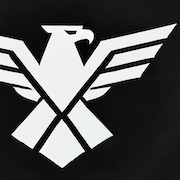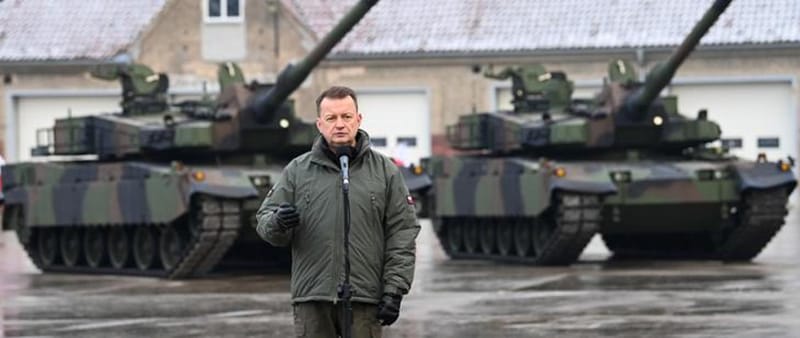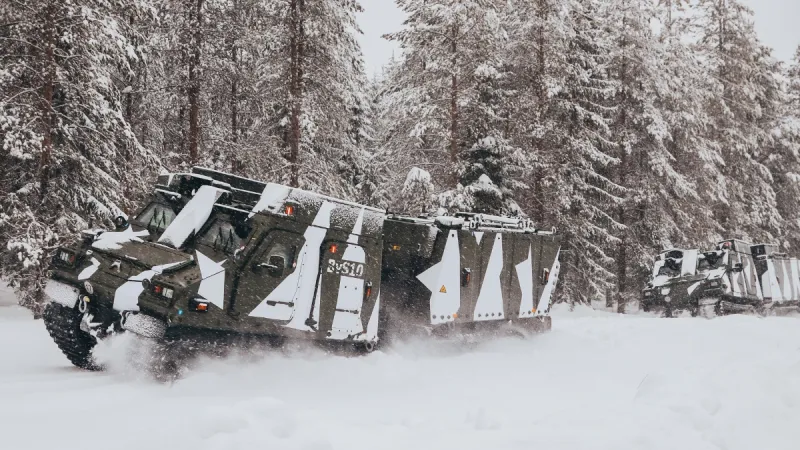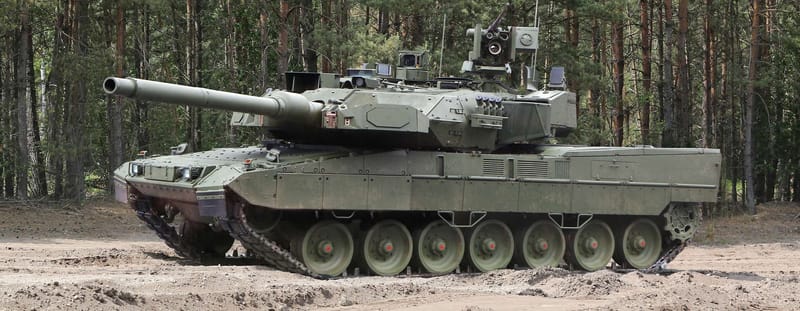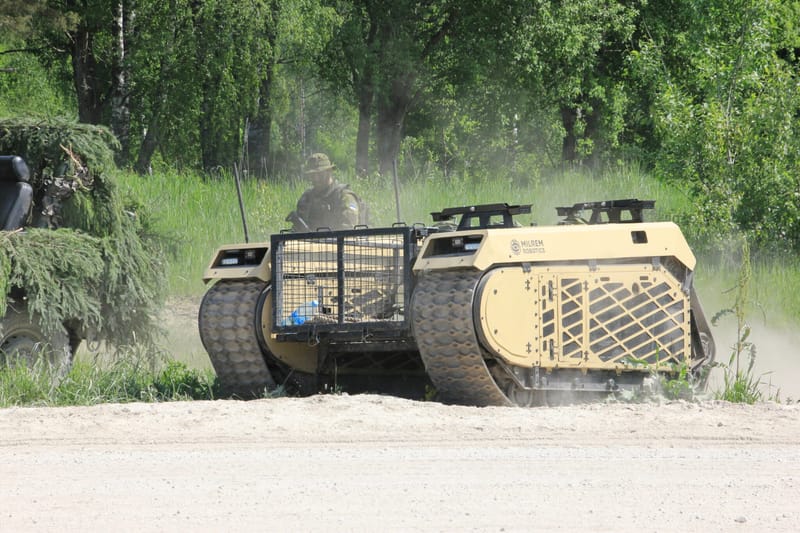Ukraine Deploys Rheinmetall Caracal | First Operational Use of G-Class 464 by Special Forces
Ukraine’s special forces have fielded the Rheinmetall Caracal G-Class 464—becoming the first confirmed users of the NATO-standard airmobile vehicle. Delivered ahead of the Bundeswehr rollout, the modular platform supports Ukraine’s shift toward Western-style tactical mobility.
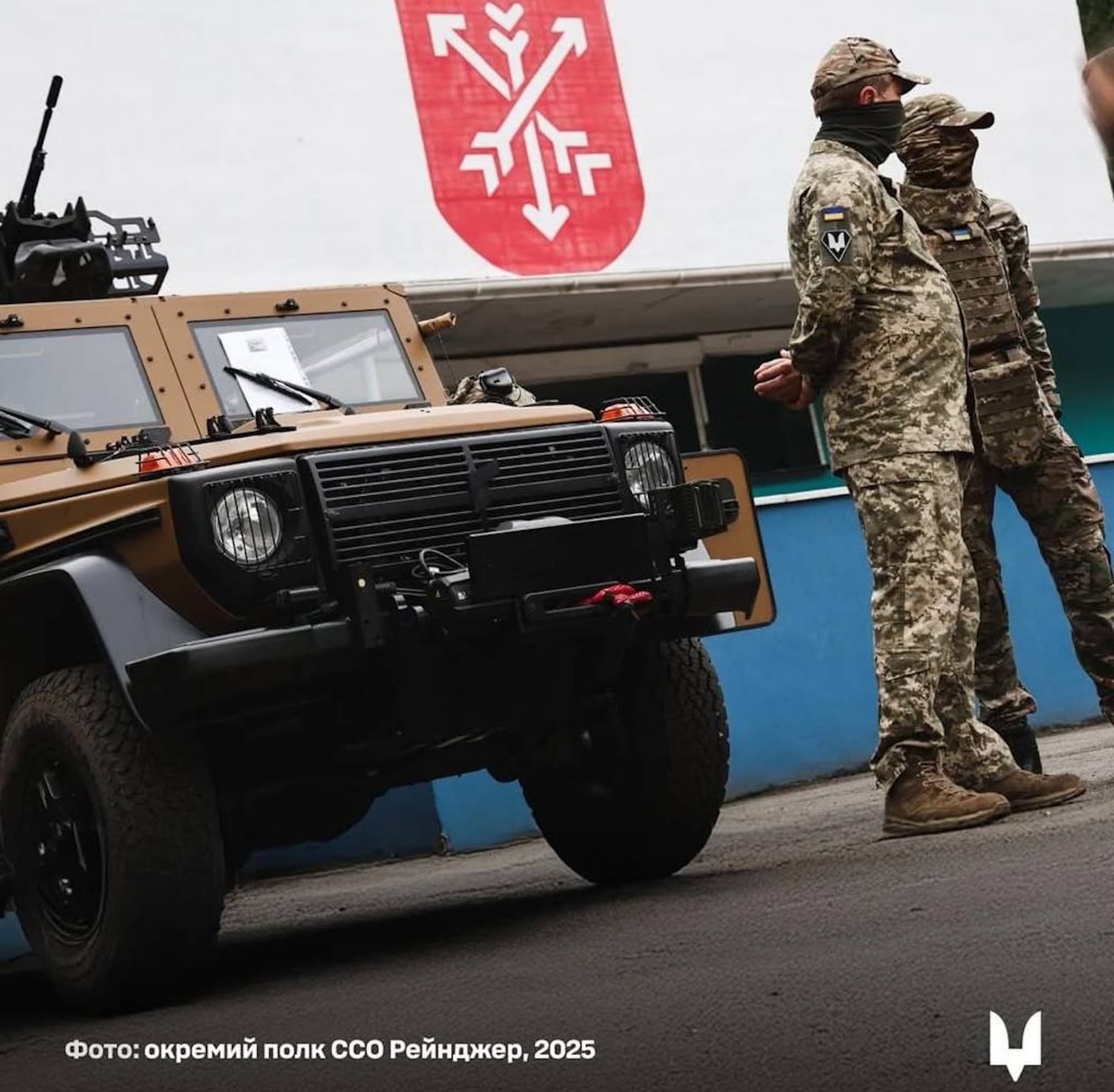

TL;DR:Ukraine’s special forces have officially deployed the Caracal G-Class 464, a new airmobile military platform co-developed by Rheinmetall, ACS Armoured Car Systems, and Mercedes-Benz. This marks the first confirmed operational use of the system—months before its entry into German service. It now supports Ukraine’s special operations with high mobility, modular design, and NATO-standard performance—reinforcing the country’s shift toward Western-style airmobile doctrine.
Rheinmetall Caracal for Ukrainian Special Forces
The Ukrainian special forces regiment “Ranger” has publicly revealed its use of the Caracal air-transportable vehicle—marking the first operational deployment of Rheinmetall’s new air-transportable platform for rapid deployment. Delivered ahead of the Bundeswehr’s own rollout, the Ukrainian variant includes mission-specific modifications, underscoring Kyiv’s prioritized access to advanced Western vehicle systems.
Delivery Timeline & Recipients
- Initial Delivery: 5 vehicles, November 2023
- Follow-on Order: 20 additional units in 2024
- First confirmed operator: Ukrainian Special Forces Regiment “Ranger”
- Source image: Released by Ukrainian SOF, May 2025
This makes Ukraine the first operational user of the Caracal platform, which is currently being prepared for large-scale service with Germany and the Netherlands.
Platform Origins and Specifications
Vehicle Base: Mercedes-Benz G-Class 464
- Evolution of the G-Wagon military lineage (e.g. ENOK, Wolf)
- Engine: 3.0L 6-cylinder diesel (183 kW / 249 hp, Euro 3)
- Top Speed: 140 km/h
- Torque: 600 Nm
- Dimensions:
- L: 4.35 m, W: 1.81 m, H: 1.85 m
- Mobility Profile:
- 4×4 drive, 60% incline, 33 cm vertical step, 50 cm trench crossing
This makes the Caracal one of the most compact high-performance air-deployable platforms in NATO-compatible service, ideal for SOF and airmobile roles.
Modular ACS Build and Adaptability
ACS Armoured Car Systems provides the core superstructure:
- Armored steel base cell with Modular Space Frame design
- Rail interface system for field-configurable attachments
- Supports SOF adaptations, drone defense variants, and C4I kits
- Already used as a base for Rheinmetall’s Kinetic Defence Vehicle counter-UAS system—also exported to Ukraine
“The structure is a tool for self-sufficiency in the field… built for fast adaptation.”
— Sebastian Schaubeck, CEO of ACS, in CPM interview
💡 Details on the related Airmobile maneuver & modularity doctrine:
- The Caracal was specifically designed for airborne and airmobile forces (Luftlandeplattform).
- Modular design (ACS build + Rheinmetall systems) is a core feature, consistent with NATO tactical mobility doctrines.
- Ukrainian SOF adopting it early fits with their increasing emphasis on rapid-deployable, modular platforms—visible across drone warfare, MRAP upgrades, and C2 nodes.
Rheinmetall Integration Role
Rheinmetall acts as prime integrator and final assembler, including:
- Installation of role-specific equipment
- Lifecycle logistics and customization per user state
- Assembly in partner nations at scale (for Bundeswehr and allies)
The company plans up to 3,058 Caracals for German-Dutch airmobile forces, including both the Kommando Spezialkräfte (KSK) and Kommando Spezialkräfte Marine (KSM).
Strategic Implications
- Ukraine’s early adoption provides operational feedback ahead of NATO rollout
- Demonstrates Rheinmetall’s industrial prioritization of Kyiv as a front-line partner
- Adds to Ukraine’s expanding fleet of modular Western vehicles alongside Dingo, MaxxPro, and HMMWV variants
This deployment supportsairmobile maneuver and modularity doctrine, aligning with Großwald's previously reported trends in tactical mobility modernization and NATO-standardization in Ukraine.
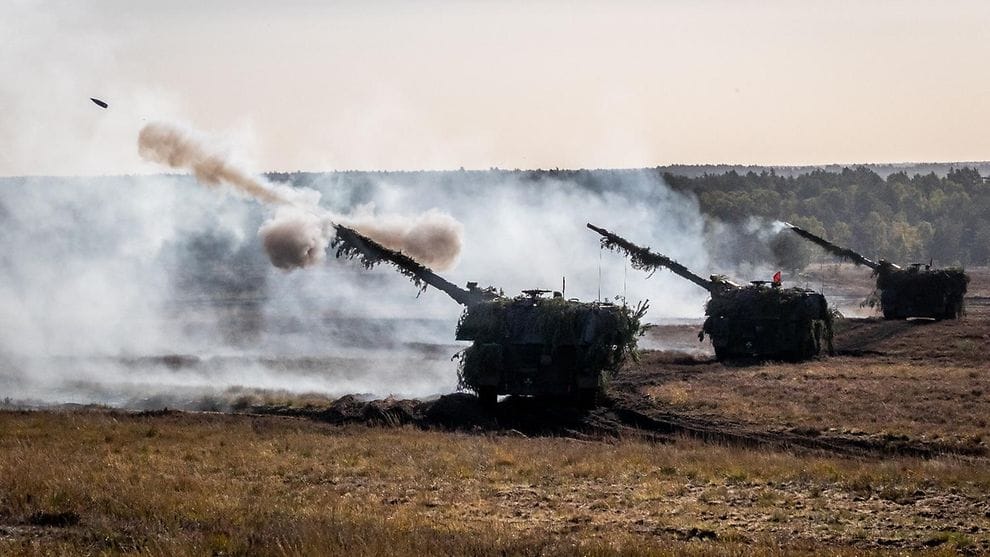
Further Sources: CPM Defence Network, Rheinmetall AG, and Ukrainian SOF

